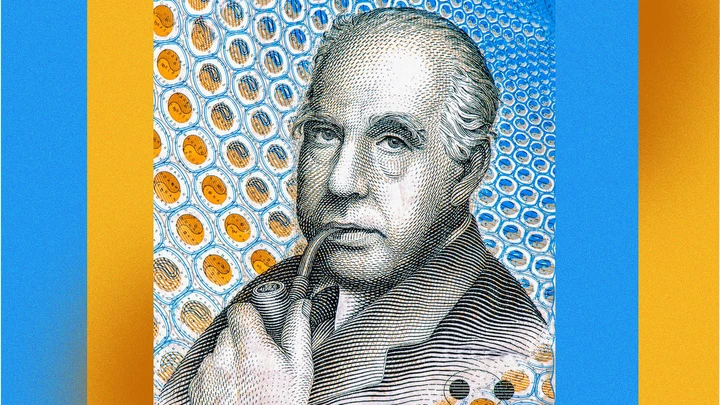Is it possible for something and its contrary to both be true?

View pictures in App save up to 80% data.
I was puzzled to understand Bohr’s meaning. If a “profound” statement is true, how could its opposite be true? When I put the question to a friend of mine, a professor of philosophy at the University of Massachusetts, he replied noncommittally. Good teacher that he is, he wanted me to work it out for myself. So I started thinking harder.
I realized that there are many accurate statements the negative of which is also accurate. For example, “A lot of people like chocolate” is true, and so is “A lot of people don’t like chocolate.” But those aren’t really opposites, since “a lot of people” by definition excludes other people. Besides, Bohr’s aphorism refers to profound opposing truths — he surely had something more in mind than shallow statements of taste or opinion.
Nor was he likely to be merely restating the truism that life is full of seeming paradoxes, many of them captured in proverbs that contradict each other. “Never judge a book by its cover” discounts the importance of external appearances, while “Clothes make the man” emphasizes their importance. “Absence makes the heart grow fonder” articulates an emotional reaction that countless people have experienced — but so does “Out of sight, out of mind.” All such clichés are astute in some situations and clueless in others. Like much folk wisdom, they are context-dependent — not expressions of fundamental and immutable truths.
As I pondered the question, various answers started to form in my mind.
Bohr was a pioneer of quantum theory — a field famous for addressing apparent internal contradictions. For centuries, scientists had debated whether light consisted of waves or of particles. Bohr was among the earliest physicists to understand that both approaches, though apparently mutually exclusive, are true. Light behaves like a particle and like a wave — profound truths whose opposites are also true. Eureka!
Just as scientific principles can exemplify Bohr’s findings, I pondered, so too can faith provide insights. As someone who practices a religion, I firmly believe that God possesses complete knowledge of all occurrences—whether they belong to the past, present, or future. At the same time, I hold that humans are endowed with free will to make their own choices. This creates an unavoidable contradiction: If God knows everything that will happen, how can our actions be genuinely free? Conversely, if we have authentic free will, how can God accurately foresee what lies ahead?
To be sure, philosophers and theologians have grappled with this tension and proposed various ways of reconciling it. Still, it strikes me as an elegant demonstration of Bohr’s maxim that contradictory truths can both be profound and meaningful.
Thus, to provide an alternative perspective on Bohr’s statement, one might consider Abraham Lincoln’s succinct characterization of America in the Gettysburg Address, where he describes the nation as one "conceived in liberty and committed to the idea that all men are created equal."
Liberty and equality exist in a state of fundamental opposition. When Americans are granted total freedom to chase their personal goals and desires, true equality among individuals becomes unattainable. Conversely, ensuring equality for all necessitates some limitations on American liberty. This dynamic is less about finding a resolution to a contradiction and more about continuously adjusting the balance between the two. This perspective aligns with Bohr’s principle. Central to the American experiment is a timeless paradox: the struggle between liberty and equality. These concepts are perpetually at odds, yet they remain intrinsically linked.
I initially tackled Bohr’s paradox as a riddle to be solved. What I take away from it is a challenge to embrace complexity. Truths can be profound and contradictory — a timeless reminder that life’s greatest insights sometimes defy logic.
Jeff Jacoby can be reached at [email protected]. Follow him on X @jeff_jacoby.